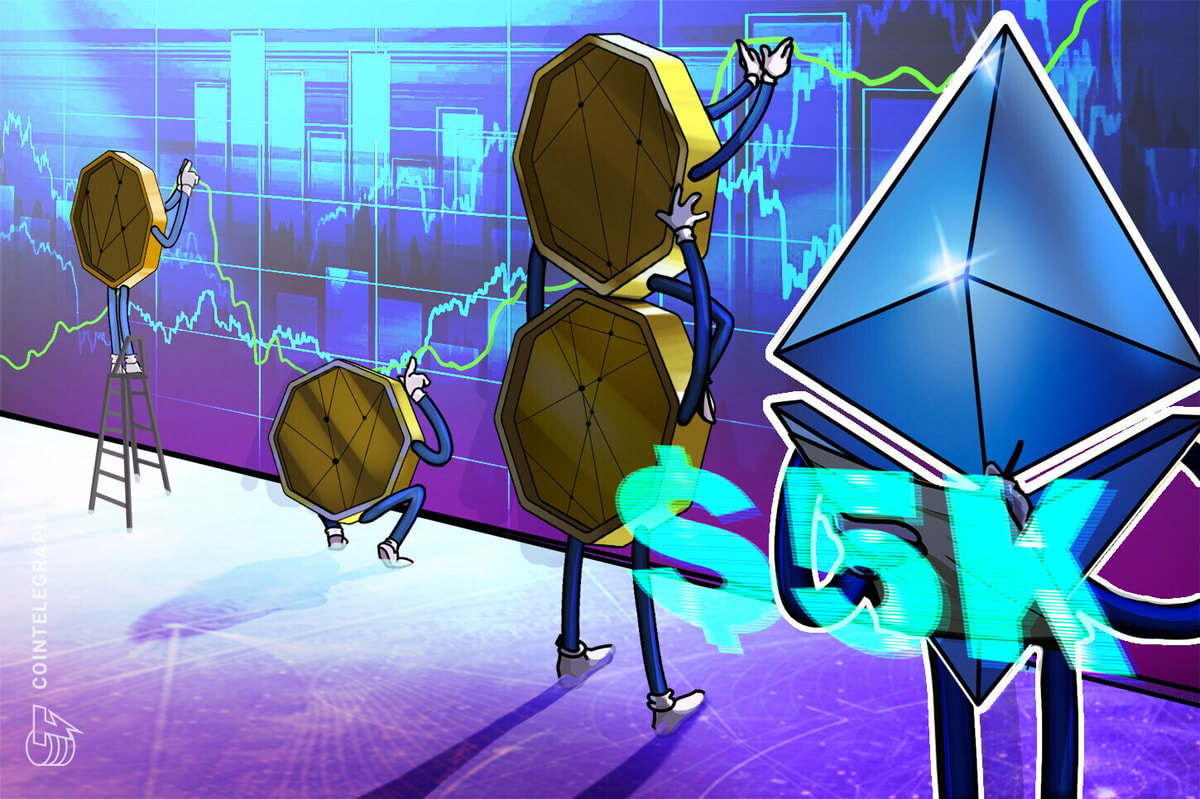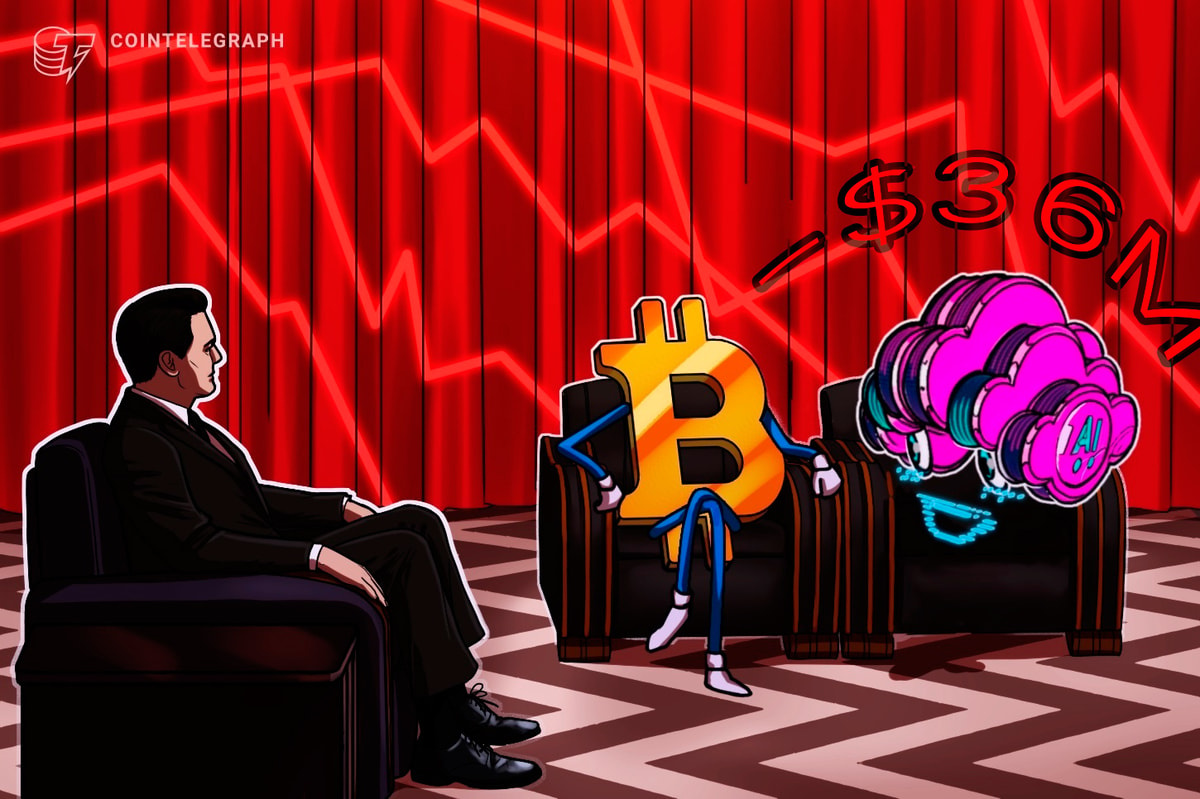
It has been a rollercoaster of a ride for global equity investors over the past few days. Besides the month-long slide in the Chinese markets, the Dow plummeted from approximately 16,459 on August 21st to 15,446 on the 24th.
When the going gets tough, investors have historically flocked toward assets that are considered safer, including cash, gold, and treasury bills. Often times, the asset of choice is gold because it is considered the greatest store of value. However, some think that Bitcoin might one day trump gold as a means of protecting against volatility.
Tim Draper, founding partner of Draper Fisher Jurvetson, a prominent Silicon Valley venture capital fund, believes that bitcoin might one day be the preeminent store of value for investors.
“When bitcoin is mature, I expect people to run to bitcoin the way they do to gold when the market gets scary,” Draper said in an email to Bitcoin Magazine.“Currently, there is not enough usage to make people feel comfortable investing in Bitcoin when they come out of the market. I expect that to change.”
Draper suggests that currently, bitcoin is far too speculative an investment for it to be a store of value. According to Investopedia, a store of value means, “any form of commodity, asset, or money that has value and can be stored and retrieved over time. As long as a currency is relatively stable in its value, money (such as a dollar bill) is the most common and efficient store of value found in an economy.”
Fundamentally, the reason people run to cash when the stock market falls is because they view the small inflation to be a small loss in comparison to what could happen in the stock market. Even more, they run to gold because, as Investopedia says, “they can be counted on to retain some value in almost any scenario, especially in those cases where the store of value has a finite supply (like gold).”
For bitcoin to be considered an efficient store of value, the price of it would need to start rising and stay relatively consistent rather than having significant volatility. Draper explained that the bitcoin ecosystem isn’t in a place, yet, for this to happen.
“There will be pressure on Bitcoin pricing as there is supply to sell as miners get more bitcoin, and less demand to buy as the use cases evolve,” Draper explained. In essence, miners need to sell their bitcoin more to pay for electricity than hoarders and users need to buy. This results in a drop in the price.
“I expect this phenomenon to turn around in about 6 months as use cases become apparent,” Draper went on to say.
Due to the understood finite supply of bitcoin—there will only ever be 21 million coins released—as usage increases and the supply stays relatively constant, the only place for the price to go is up. As the price goes up, investors will potentially see bitcoin as a functioning store of value, which will perpetuate its value.
Jacob Donnelly is a full-time product manager and journalist covering finance and bitcoin. He runs a weekly newsletter all about bitcoin and digital currency called Crypto Brief.









